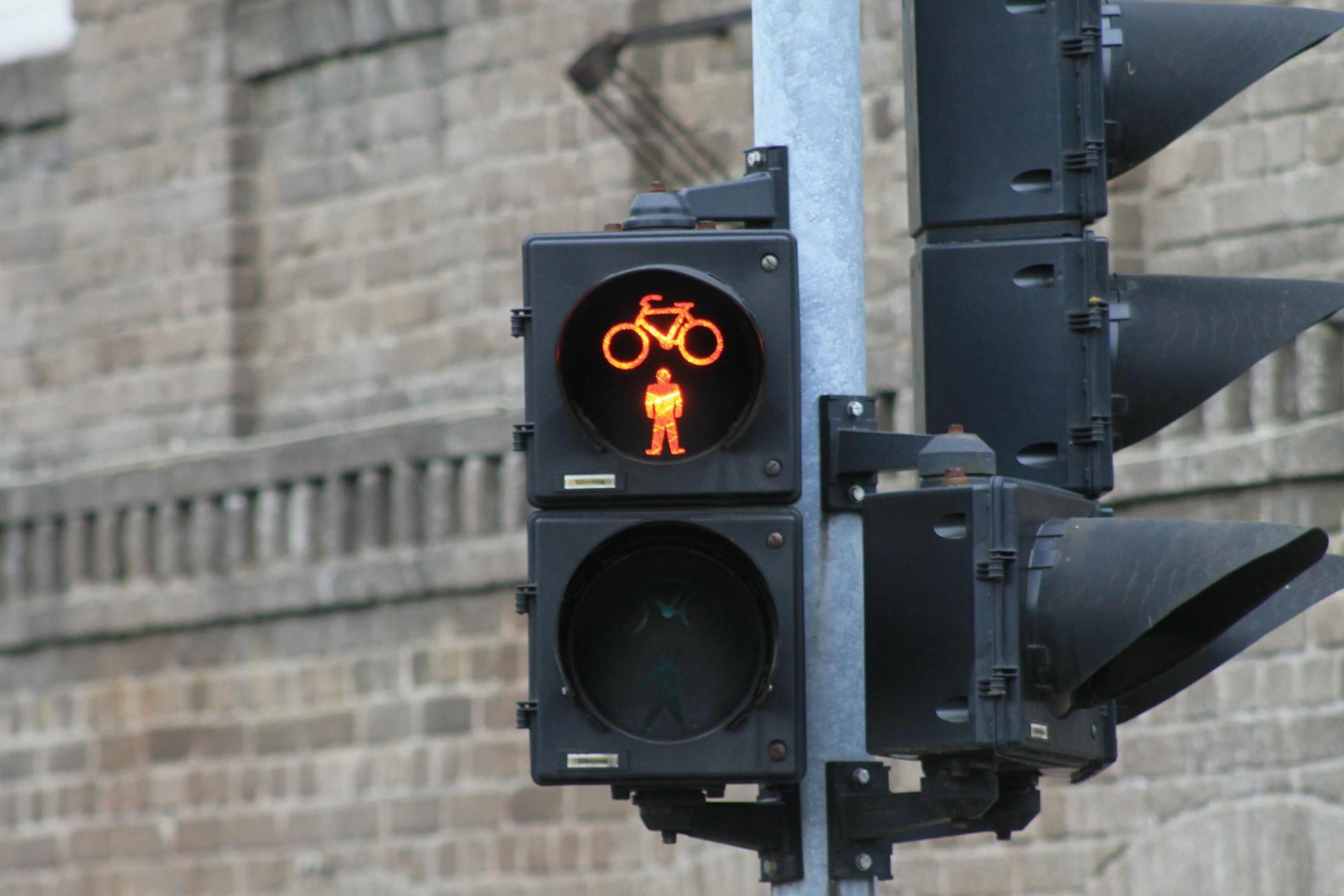During one of the informal get-togethers with my fellow classmates, my colleagues shared with me their first and now lasting impressions about life in Germany, reasons for leaving their countries, and goals for their lives here.
Many of them immigrated to Germany to find jobs, build a career and pursue prosperity. My colleagues from Romania, Sicily, Chechnya, Moldova, Hungary and Poland share this. For others, they are here by marriage—many finding their husbands or their husbands finding them online or through “find-a-bride” catalogues. (This is an accepted practice and offers foreign women a better way of life here in Germany.)
As for first and lasting impressions, several share similar opinions (other than that Germany has exceptional beer):
1. The transportation system in Germany is very good.
"In Thailand, we have a good transportation system in big cities like Bangkok. But not in our, smaller, rural communities," said Kassama, a native of Thailand. "Here, in Germany, even the rural towns have very good bus and train services that are well run."
"Of course, in Germany the taxes are high," said Kassama, who is a professor of economics in her homeland. "The German people all pay for this system. In addition to 19 per cent sales tax on products and services, the income tax in Germany is based on a scale ranging from 0 to about 42 per cent," she said.
2. People walk outside in all kinds of weather.
Whether walking to the grocery store, to a local café or Biergarten to meet friends, walking as a way of transportation is popular here, and I think that leads to a friendly and lively social environment.
3. People living in Germany tend to follow rules.
For example, one observance that my fellow students from Thailand, Romania, Guatemala and Italy shared with me is traffic light protocol for pedestrian crosswalks.
"In our countries, the 'Walk' and 'Do Not Walk' signals are guidelines," they agreed.
"When we are at a crosswalk in our homeland, we look both ways, and if there are no cars or buses approaching, we cross the street," said Catalina, from Romania. "It is not like that here [in Germany]. I have been in large cities such as Munich, and when the light signal displays "Do Not Walk," even if it is 1 a.m. and there are no cars for what appears to be miles, German citizens will not cross."
Are there reasons for this protocol? If the pedestrian was injured while in the crosswalk illegally or if a driver were injured because of the pedestrian in the crosswalk, that pedestrian would be fined and responsible for any damages to the other party.
So, there are rules, and Germans follow them perhaps because they are held responsible, and have consequences. For instance, while Germans may choose to travel as fast as they wish on the Autobahn, the recommended speed is 130km/hour. My driving instructor shared the story of a man who was going 150km/hour and had an accident. After a thorough inspection, the authorities determined the driver didn't have the proper tires for driving at that speed in the conditions. As a consequence, he was held responsible for the damages.)
4. Following rules and guidelines has its advantages.
For example, along German roadsides, there are often unattended flower and vegetable stands. Bouquets of flowers or pumpkins and squash are set out for sale, and there is a box for depositing payment. This might not work in other countries, where residents may take advantage of this honour system. But in Germany, it's common.
The honour system and safety seem to go hand-in-hand. "I feel safer here than I did in Guatemala," Nancy says. "The crime there is way out-of-hand. Here, I can walk on the streets at night, alone, and I am not afraid."
5. Germans are friendly.
"At first when I came here, I thought people were very business and stern-faced," said one other student. "But, after living here, I find they are friendly."
I'd have to agree. Personally, I find people here very friendly and helpful. For example, one rainy, cold day, I went out to my car and noticed that another car had parked so close behind me that it would be difficult for me to exit. An older woman, who was walking by took the time to help guide me out of my parking spot. I made sure to thank her in my best German danke schön and vielen dank.

